 A conservative friend in Texas asked me a question that caught me off guard and set me thinking.
A conservative friend in Texas asked me a question that caught me off guard and set me thinking.
She hesitated before she asked me. “You weren’t born in the States so…how do you feel about the pledge of allegiance?”
The question was respectfully asked and deserved a thoughtful answer. I knew it mattered to her so I rattled off an answer that I hoped sounded positive and not too incoherent.
To be honest, I had never given it much thought. I didn’t grow up saying a pledge of allegiance in Canada. I always stand respectfully for the pledge though I don’t always put my hand over my heart, just feels kind of weird. I’m comfortable with the words except for “under God” which—to me—seems at odds with freedom of religion.
However, I believe America is much greater than the words. After all, the pledge was not written till 1892. The admonition to put one’s hand over one’s heart didn’t come until 1942, and the words “under God” weren’t added until 1954. People were deeply patriotic long before then.
I’m even comfortable if some people choose to exercise their right to freedom of speech by kneeling during the national anthem. Freedom of speech and freedom to protest peacefully matter.
But I think her question may have hinted at something deeper than the pledge. Can a person who was not born in the United States ever be as patriotic as a native-born American?
I can’t speak for everyone who came to this country from another, but I can tell my own story.
 I am from Canada. When we crossed into the States to live here for the rest of our lives, I thought about the stories of others who had come from other countries. I felt as if I ought to have climbed mountains or crossed rivers; escaped violence, famine, or persecution; ought to be in shabby clothes, maybe wearing a kerchief over my head tied under my chin, maybe with my belongings wrapped in a pack on my back.
I am from Canada. When we crossed into the States to live here for the rest of our lives, I thought about the stories of others who had come from other countries. I felt as if I ought to have climbed mountains or crossed rivers; escaped violence, famine, or persecution; ought to be in shabby clothes, maybe wearing a kerchief over my head tied under my chin, maybe with my belongings wrapped in a pack on my back.
 When we crossed the border in our 1965 blue Volkswagen beetle, with our baby tucked in the space behind the back seat, we’d traveled less than 100 miles. Easy.
When we crossed the border in our 1965 blue Volkswagen beetle, with our baby tucked in the space behind the back seat, we’d traveled less than 100 miles. Easy.
Of course, getting that permanent resident card, the “green card,” had not been easy. It never is, but before 1965 it was harder for my husband (now my ex) than me. He was an Indian born in Pakistan. The laws at that time set quotas on immigration based on the country you were born in. There was no specific quota for Canadians: I should be fine. But two thirds of the total quota was assigned to applicants from Great Britain, Ireland, and Germany. The quotas for everywhere else were pitifully small. The quota for India was 100, the same for Pakistan.
I would have happily stayed in Canada, but he wanted to come to the States where he believed career opportunities would be greater. In 1965 Lyndon Johnson signed the Immigration and Nationality Act. The previous quotas by national origin no longer applied. Now our immigration became a feasible dream.
My ex-husband had no close relatives in the States, one way to get a visa under the new rules, but he had a PhD, and he was hoping to get a job offer from a company willing to work to demonstrate that no American was qualified to do the job they wanted to give to him.
We hired an immigration lawyer and worked our way through the piles of paperwork and fact checking required of applicants. We needed to swear that we were not drunkards, prostitutes, mentally ill, etc. and we needed police clearance.
Some months later, after a trip to the American consulate in Toronto, hours of sitting, an intensive interview, and more paperwork, we were cleared to come to the United States. And after getting our affairs in order, we made that hundred mile trip in our little blue car.
Five years after we arrived, as soon as he became eligible for citizenship, my ex-husband applied for citizenship. He had no reservations at all. He very much wanted to be an American and had never wavered.
But me? Even though he continually urged me to apply for citizenship, it took me ten years. Every January I signed another alien registration form. Alien. Ugly word. Elections came and went, and I couldn’t vote.
I loved, will always love Canada, my motherland. Becoming an American (at least at that time) meant swearing under oath before a judge not only that I would be loyal to the United States, but that I no longer had any allegiance to Canada.
Changes to the head and heart take time. Finally I tipped towards citizenship. After all, two of my children were born in the States. I was almost certainly going to spend the rest of my life here. The United States and the American people were good to me. And I didn’t want to spend my life as an alien. I wanted to belong here.
Friends from New York City who had gone through the process there warned me that the test for citizenship was brutal.
“Study everything you can. Memorize the materials they give you.”
They warned of questions like
How old do you have to be to become a senator?
How many judges are in the Supreme Court?
“You gotta learn it all.”
I had a hunch they worried about my chances. They had felt lucky to have survived the ordeal.
I studied. I overstudied. I walked in, ready for whatever I might face.
The test in Kingston, NY, was nothing like that in New York City.
Here’s my entire test. (It’s been awhile, but I think my memory is correct.)
- Who was the first president?
- Who is president now?
- How many states were there originally?
- How many states are there now?
I humbly believe I could have passed the test long before I came to the States. (So could most Canadians.)
And there was also a test of English proficiency. I was asked to write the sentence “I live in a big house.”
I aced it. (It didn’t hurt that English is my first language.)
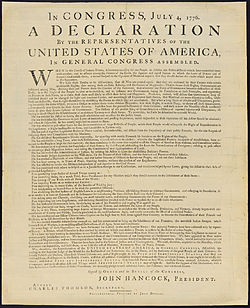 I was on my way to becoming an American citizen. Complimentary documents arrived in the mail from the Daughters of the American Revolution. Copies of the Declaration of Independence and the Constitution. Good stuff.
I was on my way to becoming an American citizen. Complimentary documents arrived in the mail from the Daughters of the American Revolution. Copies of the Declaration of Independence and the Constitution. Good stuff.
I, a woman descended from Loyalists who settled in the Canadian Maritimes, was being welcomed to citizenship by women whose ancestors had fought on the other, winning side. How wonderfully ironic!
The ceremony in Kingston was as fancy as a small town can make it. The boy scouts marched in and the Women’s Auxiliary of the Veterans of Foreign Wars. The women also wore uniforms, blue and crisply pressed. Women in the front of the little parade carried big flags on poles inserted into holders on straps that crossed their ample bosoms.
Part of me smiled at the earnest boy scouts and ladies auxiliary. I wanted to stay in my head rather than entering the patriotic moment. But another part of me marveled at their sincerity and good will.
As each applicant approached the judge to take the oath of allegiance, the judge gave him or her a little compliment. To the woman before me, he said, “What a pretty lady.”
As I came close, he said to me “so nice to see quality becoming citizens.”
Quality? What did he know of me? Nothing, really, except that I looked Anglo-Saxon. That particular compliment left a sour taste, reminding me of the American people’s history of ambivalence towards immigrants.
 But I had become a citizen.
But I had become a citizen.
I’ve lived decades now as an American. Beautiful upstate New York has become my home.
My patriotism remains deep but complex and nuanced. After years of serious thought, I had taken a solemn and sincere oath of allegiance to this country. More than the passing rhetoric of one party or another, I admire and believe in the principles that this country was founded upon.
I believe in the Declaration of Independence and the Constitution.
(Well, ok, I’m a little ambivalent about the second amendment. Well-regulated?!)
What could be more beautiful than the words “We hold these truths to be self-evident, that all men are created equal…”?
I believe that worthwhile patriotism is not about declaring ourselves exceptional, nor denying or glossing over our shortcomings. It’s about remaining true to the extraordinary principles that should forever define and inspire us. It’s about working diligently to see them realized.
The pledge is good. But more important than reciting the words of the pledge or putting my hand over my heart are its closing words “with liberty and justice for all.” I believe in those words with all my heart.
****************************************
© November 2016 by Margaret French
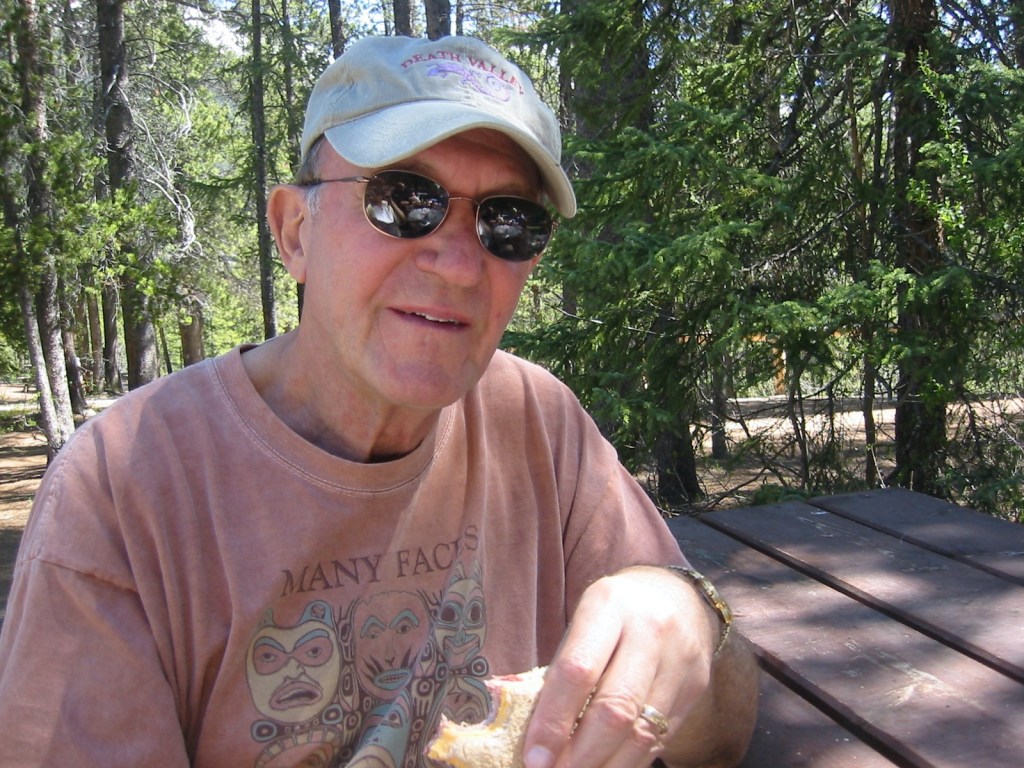


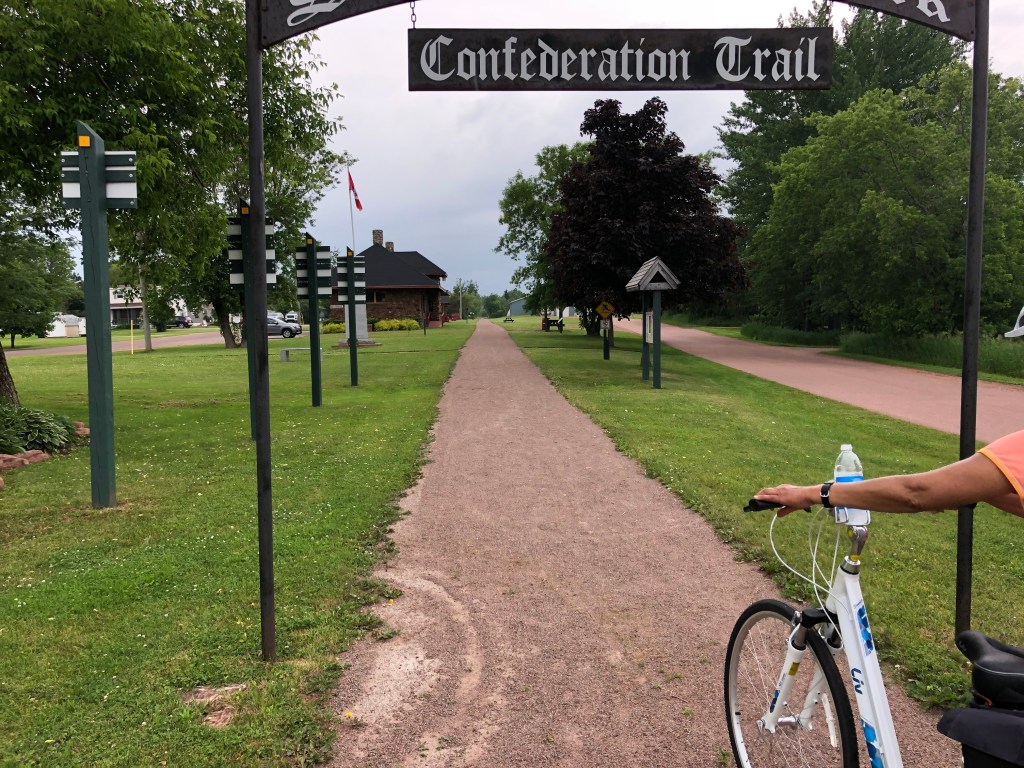


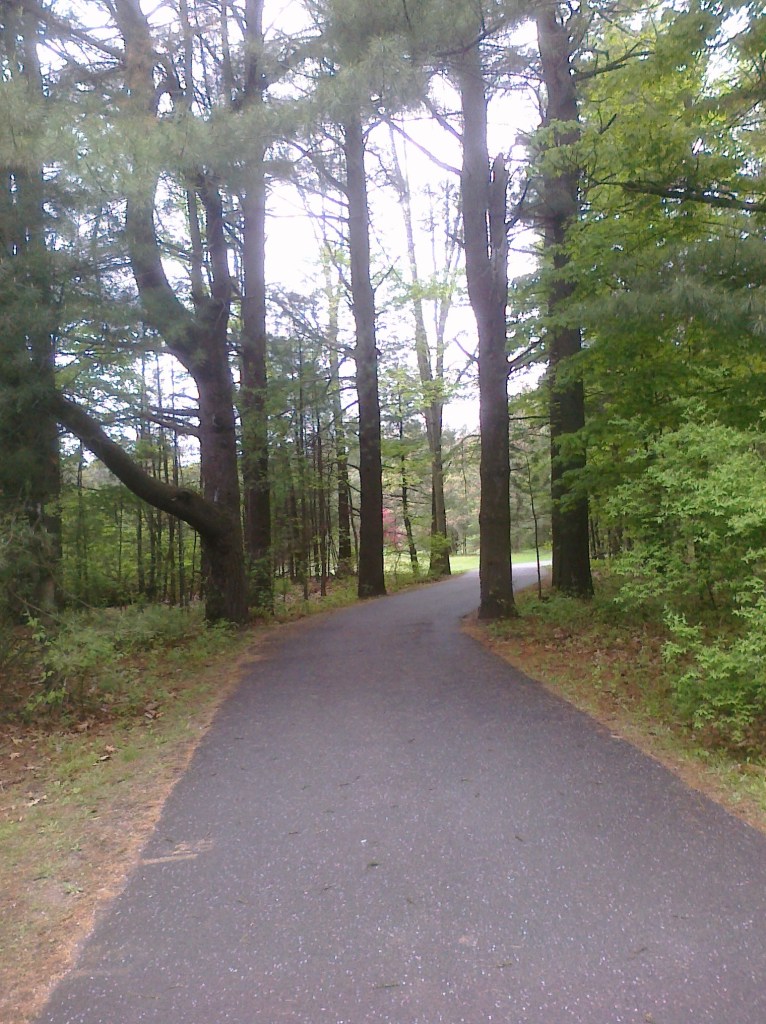


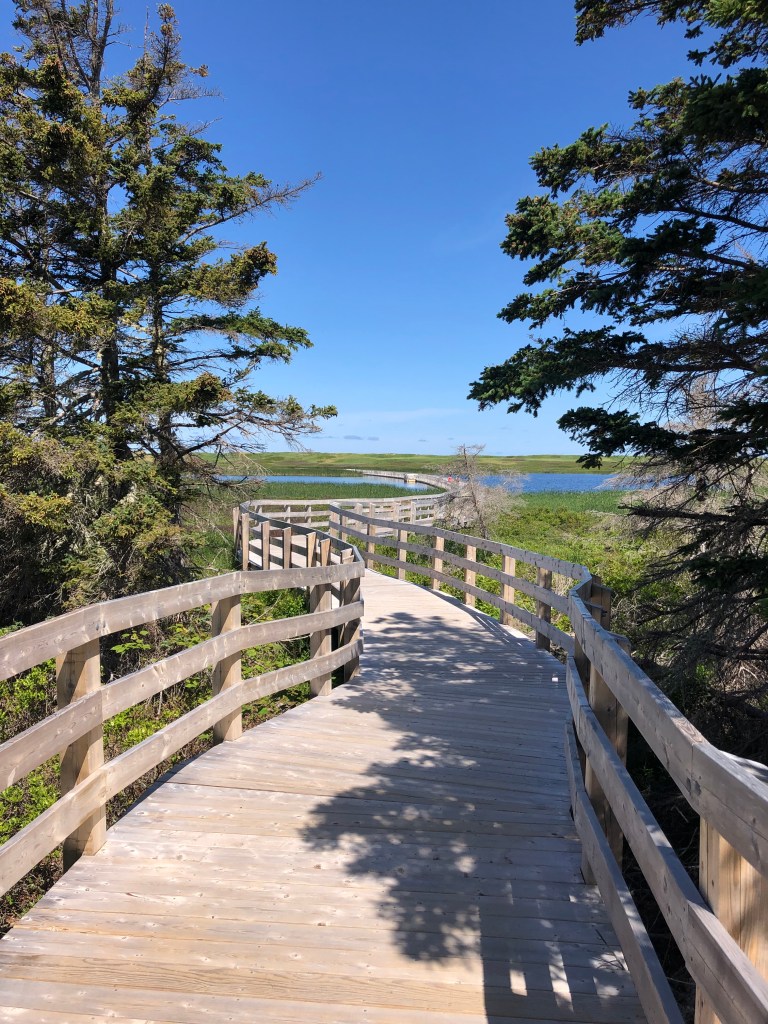

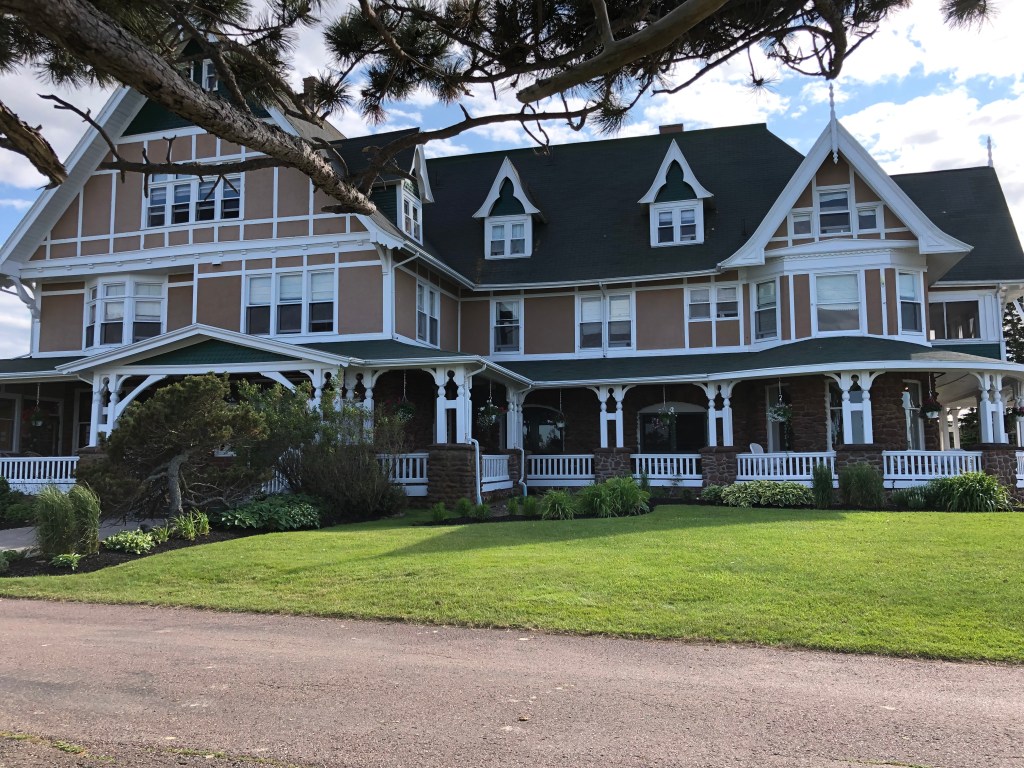
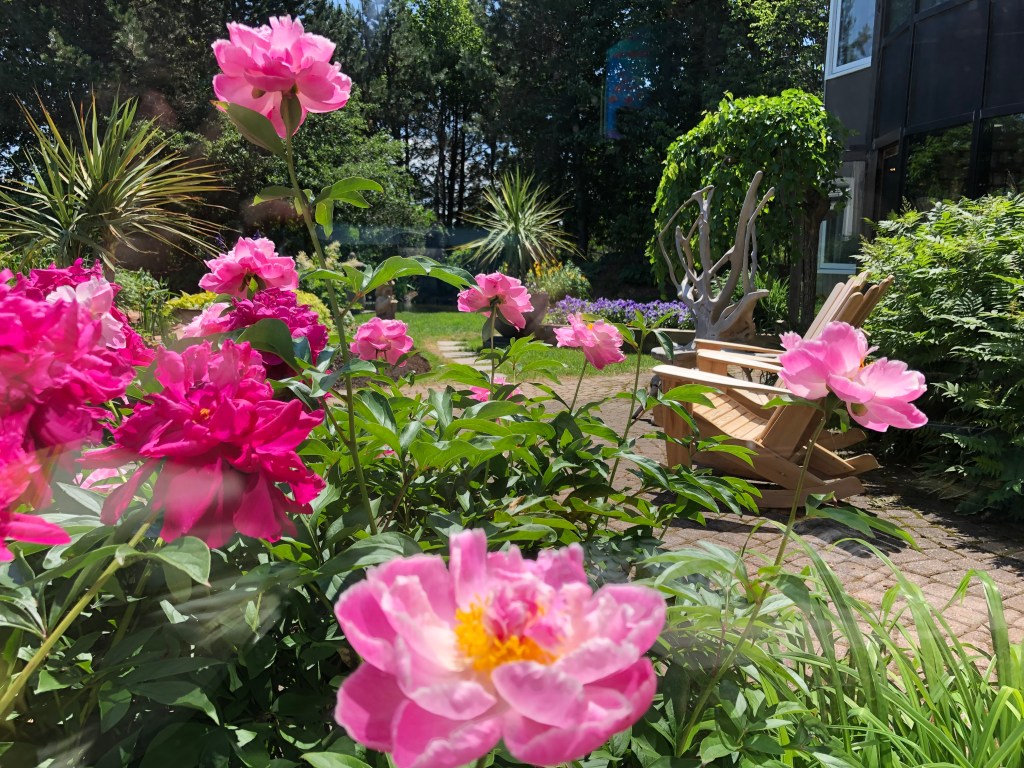

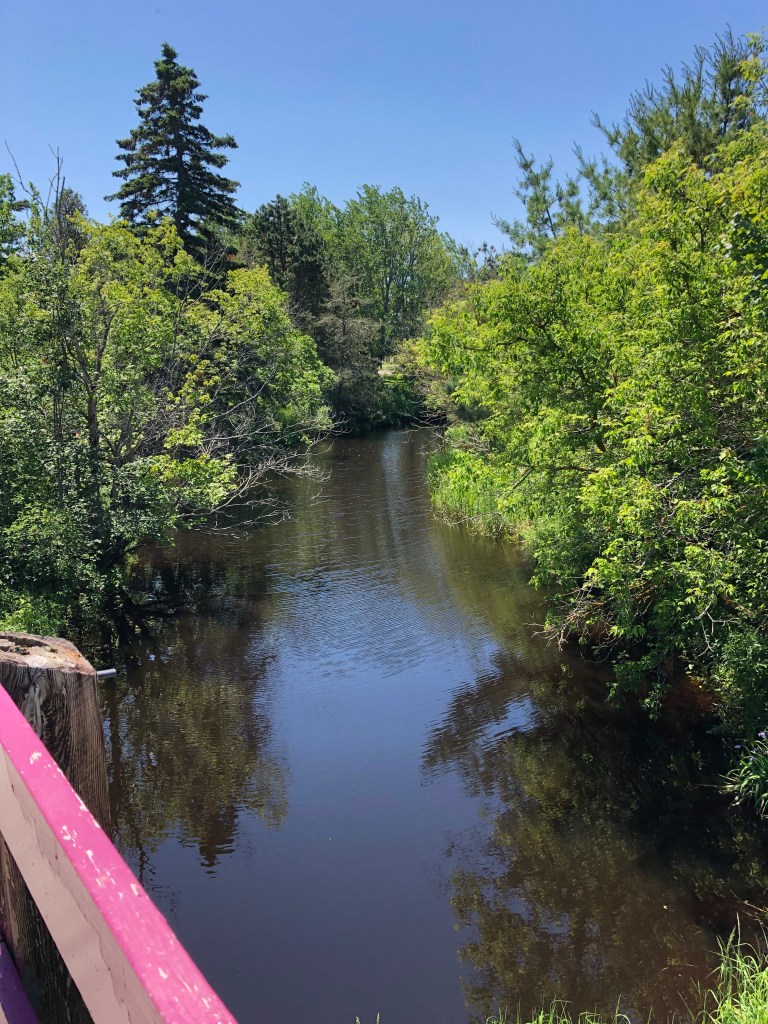
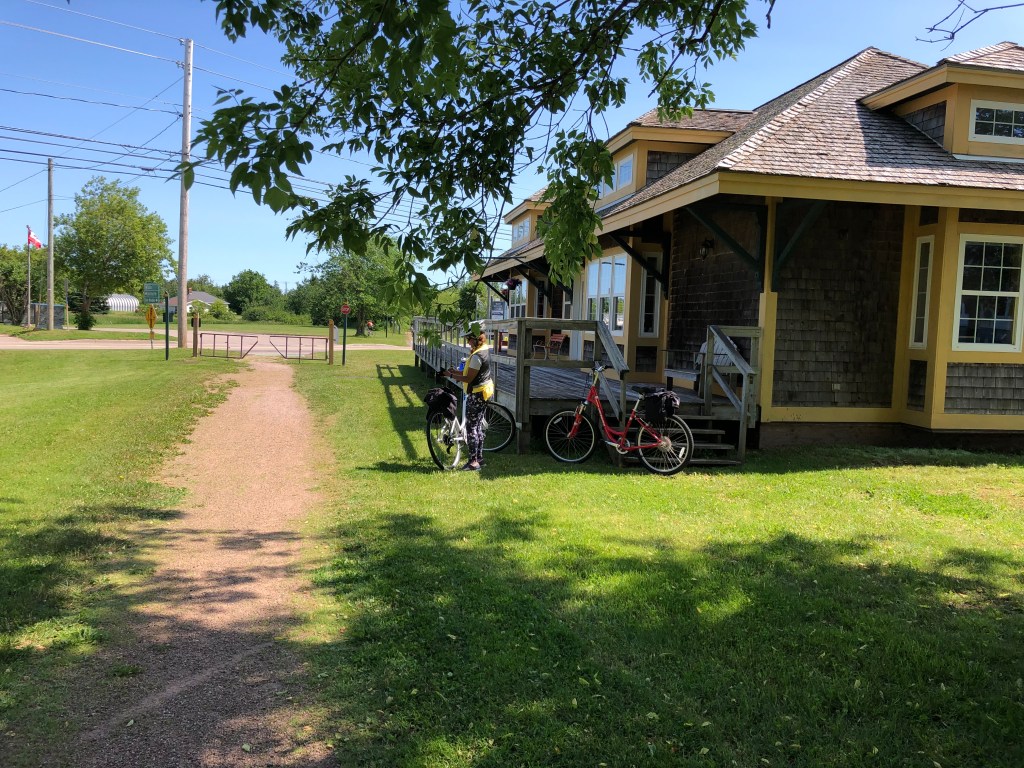

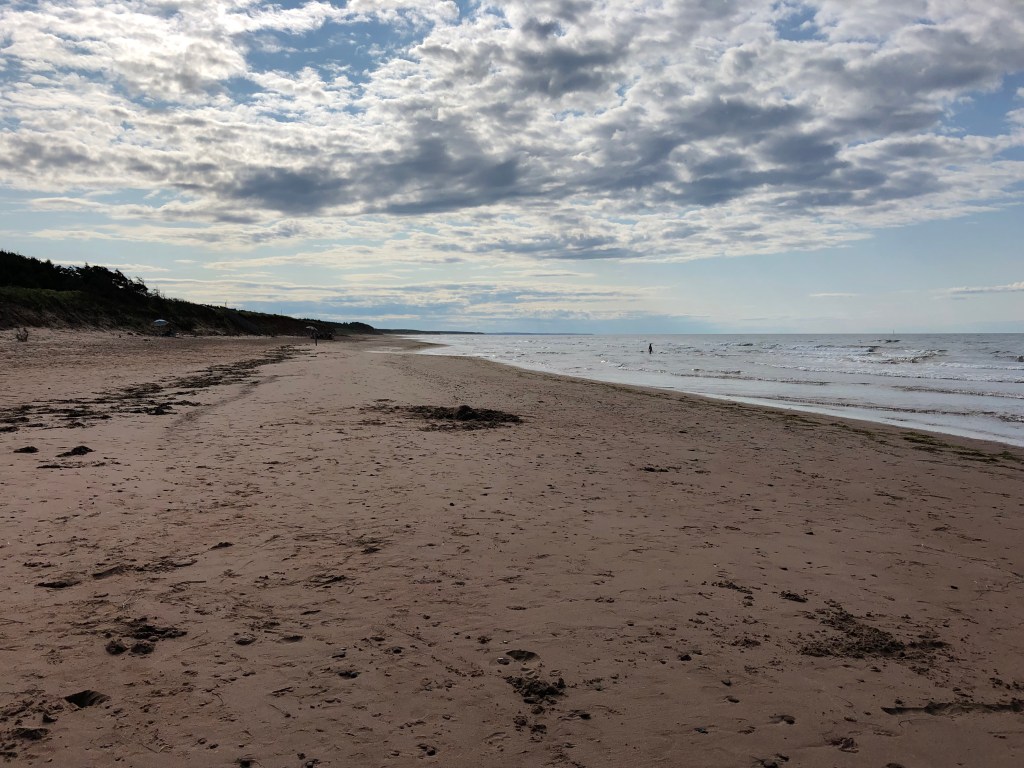
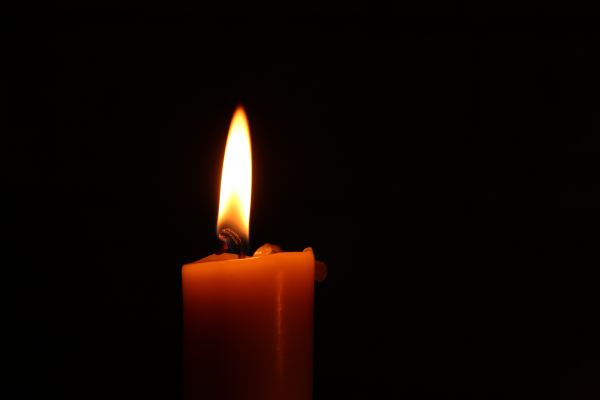 Traditionally, widows mourned for a year. Seems like a long time, but I understand now. It takes that long. It’s been a year since Jay died. A long year.
Traditionally, widows mourned for a year. Seems like a long time, but I understand now. It takes that long. It’s been a year since Jay died. A long year.


 My writing group meets tomorrow morning, but today, families from Guatemala are in Tijuana hoping for asylum in the U.S. Tonight, in Tijuana, parents and children will sleep on the ground, again. They’ve walked for a month. Only a very few will be allowed to cross the border and apply for asylum. Then husbands may be separated from their wives, mothers from their children. Their suffering is meant to deter others from coming.
My writing group meets tomorrow morning, but today, families from Guatemala are in Tijuana hoping for asylum in the U.S. Tonight, in Tijuana, parents and children will sleep on the ground, again. They’ve walked for a month. Only a very few will be allowed to cross the border and apply for asylum. Then husbands may be separated from their wives, mothers from their children. Their suffering is meant to deter others from coming.
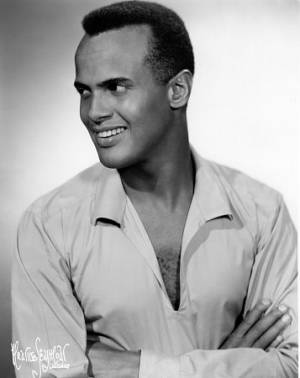
 Lunch time, we’d walk to a little Jewish restaurant nearby. Emily, the tiniest girl in the women’s dorm, would order a gigantic lunch: a tall glass of milk, a hearty sandwich, dessert. I would always order homemade chicken noodle soup (at twenty-five cents the cheapest thing on the menu) and a glass of water. I’d open the two packets of saltine crackers and put both in my soup.
Lunch time, we’d walk to a little Jewish restaurant nearby. Emily, the tiniest girl in the women’s dorm, would order a gigantic lunch: a tall glass of milk, a hearty sandwich, dessert. I would always order homemade chicken noodle soup (at twenty-five cents the cheapest thing on the menu) and a glass of water. I’d open the two packets of saltine crackers and put both in my soup.
 dumped the contents of my stocking—the nuts, candy, orange, apple, fashion magazine, and fingernail polish on my desk. My mother had forgotten that I didn’t have a nutcracker, so I smashed the walnuts with my shoe and felt very much alone.
dumped the contents of my stocking—the nuts, candy, orange, apple, fashion magazine, and fingernail polish on my desk. My mother had forgotten that I didn’t have a nutcracker, so I smashed the walnuts with my shoe and felt very much alone. There were no meals served Christmas day. The dining staff had been given the day off. Most of the restaurants downtown were closed for the holiday. I bundled up and plowed through a bitterly cold wind, with my boots crunching in the snow, and ate lunch in a deli on Saint Catherine’s Street.
There were no meals served Christmas day. The dining staff had been given the day off. Most of the restaurants downtown were closed for the holiday. I bundled up and plowed through a bitterly cold wind, with my boots crunching in the snow, and ate lunch in a deli on Saint Catherine’s Street.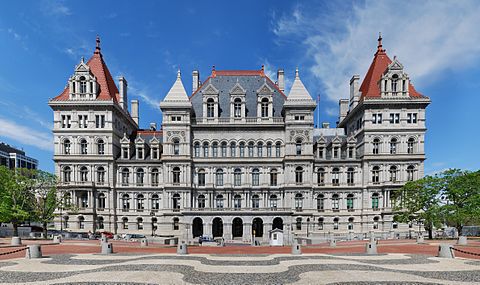
 The evening before we left to go back to college, Emily’s dad showed us some special memorabilia in their basement family room. It seems that
The evening before we left to go back to college, Emily’s dad showed us some special memorabilia in their basement family room. It seems that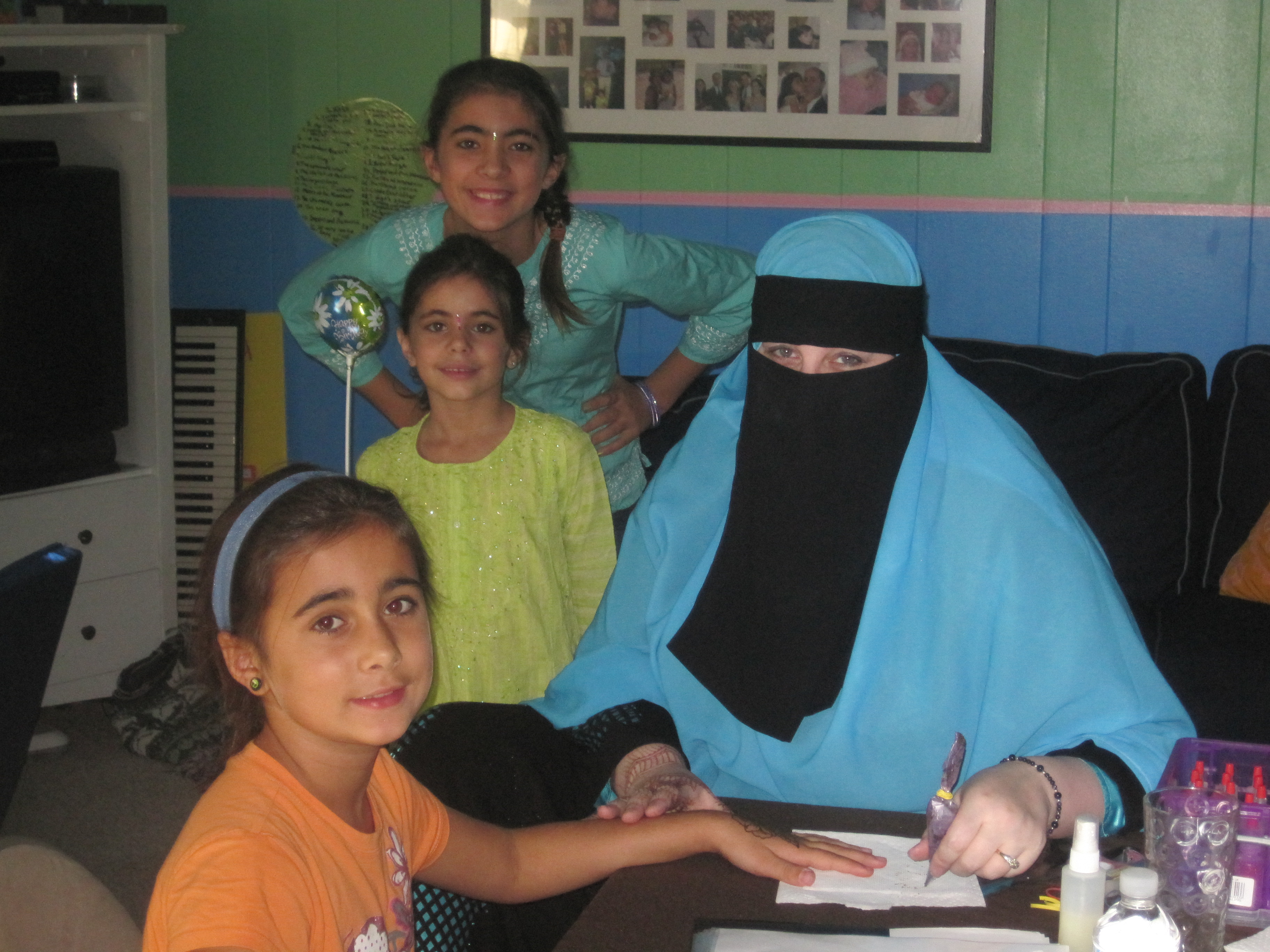 The little girls in this story are teenagers now, but I think this story matters now more than ever. Jennifer, my daughter-in-law, told it to me, and it makes me smile.
The little girls in this story are teenagers now, but I think this story matters now more than ever. Jennifer, my daughter-in-law, told it to me, and it makes me smile. designs on the hands and feet of the bride, family, and friends with a dye made from the henna plant.
designs on the hands and feet of the bride, family, and friends with a dye made from the henna plant. The girls made the final decision.
The girls made the final decision. A conservative friend in Texas asked me a question that caught me off guard and set me thinking.
A conservative friend in Texas asked me a question that caught me off guard and set me thinking.  I am from Canada. When we crossed into the States to live here for the rest of our lives, I thought about the stories of others who had come from other countries. I felt as if I ought to have climbed mountains or crossed rivers; escaped violence, famine, or persecution; ought to be in shabby clothes, maybe wearing a kerchief over my head tied under my chin, maybe with my belongings wrapped in a pack on my back.
I am from Canada. When we crossed into the States to live here for the rest of our lives, I thought about the stories of others who had come from other countries. I felt as if I ought to have climbed mountains or crossed rivers; escaped violence, famine, or persecution; ought to be in shabby clothes, maybe wearing a kerchief over my head tied under my chin, maybe with my belongings wrapped in a pack on my back.  When we crossed the border in our 1965 blue Volkswagen beetle, with our baby tucked in the space behind the back seat, we’d traveled less than 100 miles. Easy.
When we crossed the border in our 1965 blue Volkswagen beetle, with our baby tucked in the space behind the back seat, we’d traveled less than 100 miles. Easy. I was on my way to becoming an American citizen. Complimentary documents arrived in the mail from the Daughters of the American Revolution. Copies of the Declaration of Independence and the Constitution. Good stuff.
I was on my way to becoming an American citizen. Complimentary documents arrived in the mail from the Daughters of the American Revolution. Copies of the Declaration of Independence and the Constitution. Good stuff. But I had become a citizen.
But I had become a citizen. 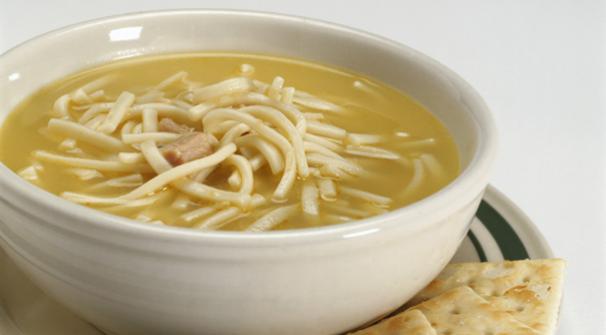
 Whenever I ought do chores, I do my research first. Thoroughly. I search the internet or head to the library.
Whenever I ought do chores, I do my research first. Thoroughly. I search the internet or head to the library.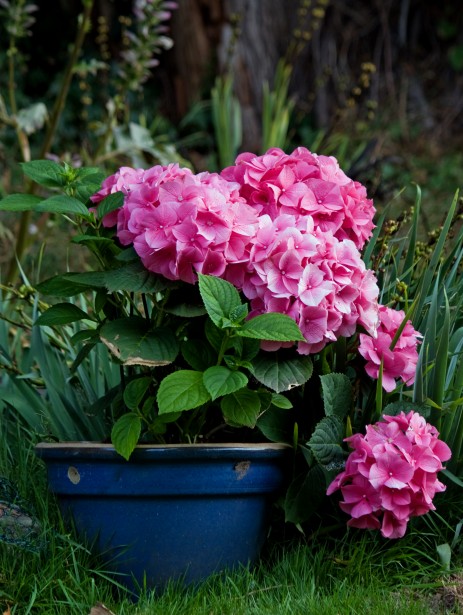 If I want a pot of flowers on the porch, I first read up on
If I want a pot of flowers on the porch, I first read up on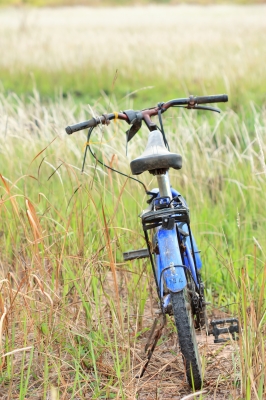
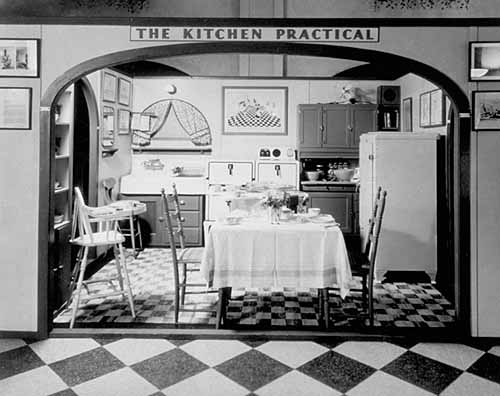
 Best of all, the author, Lillian Gilbreth, had amazing credentials. I had heard of her; I had read the book Cheaper by the Dozen when I was a teenager. She was the mother described in the book. She had a PhD and a career as a time-motion efficiency expert. She was married to a man who was also a time-motion expert. And she had twelve children! Who in this wide, wide world would know more about efficiency at home?
Best of all, the author, Lillian Gilbreth, had amazing credentials. I had heard of her; I had read the book Cheaper by the Dozen when I was a teenager. She was the mother described in the book. She had a PhD and a career as a time-motion efficiency expert. She was married to a man who was also a time-motion expert. And she had twelve children! Who in this wide, wide world would know more about efficiency at home? 
